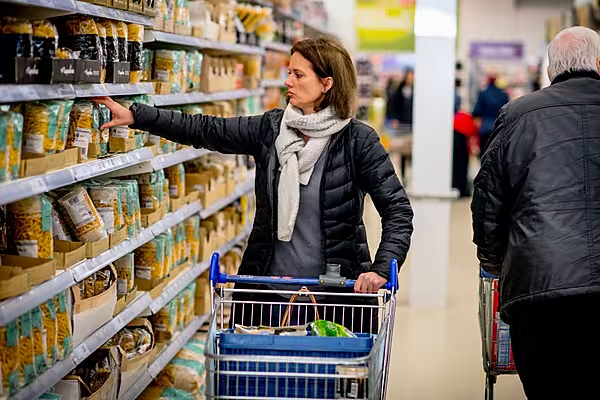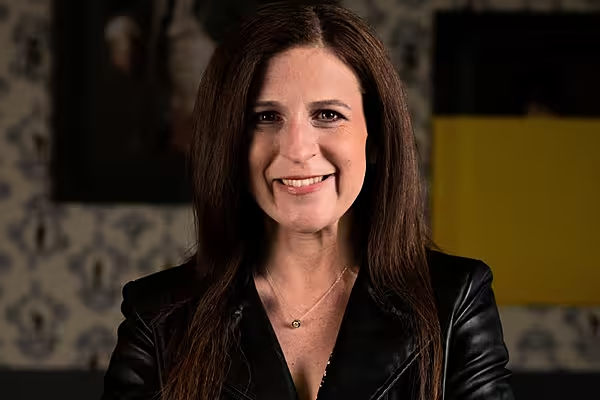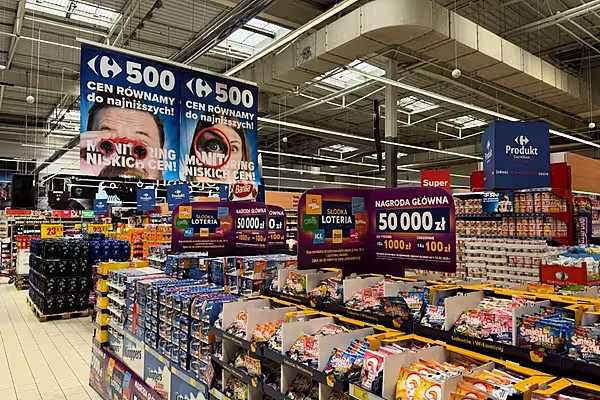Tesco short sellers are coming back in droves.
The number of bets taken out against the company’s share price has risen sevenfold since Tesco’s annual results in April as optimism around Chief Executive Officer Dave Lewis’s revival plan has waned, sending the shares down 9.6 per cent. Short- selling is now equivalent to 3.6 per cent of the shares outstanding, the highest since records began, according to data compiled by Markit.
Despite cutting prices by hundreds of millions of pounds, the UK’s largest grocer has lost more market share than Sainsbury's and Morrisons since September, when Lewis took the helm. His turnaround strategy, announced in January, hasn’t kept discounters like Aldi and Lidl at bay, and last month the former Unilever executive said it won’t be easy to keep annual profit from falling this year.
“When Lewis came in, he didn’t seem to be able to do any wrong,” Richard Clarke, an analyst at Sanford C. Bernstein said. “They’ve now lost the initial trading momentum and he has tried to play down expectations.”
Tesco’s market share shrank to 27.9 per cent in the 12 weeks through 18 July from 28.5 per cent in the year-earlier period as sales dropped 1.3 per cent, market researcher Nielsen said Friday.
The market still values Tesco shares at a premium: the shares trade at 22 times estimated earnings over the next 12 months, above the average of 17 times for other big European grocers.
The largest Tesco short position is held by AQR Capital Management LLC, and is worth about £104 million, according to regulatory filings. The position is the largest short AQR holds in any European stock. A spokesperson for the company declined to comment.
UK grocers are a favourite target of short sellers, with Morrisons and Sainsbury's currently the two most-shorted companies in the FTSE 100 Index. Tesco is No. 14.
In a short sale, an investor borrows stock from a third party, betting that the price will fall, and pocketing the difference if it does when closing the position. If the price increases, the shortseller may have to take a loss on the trade.
News by Bloomberg, edited by ESM














